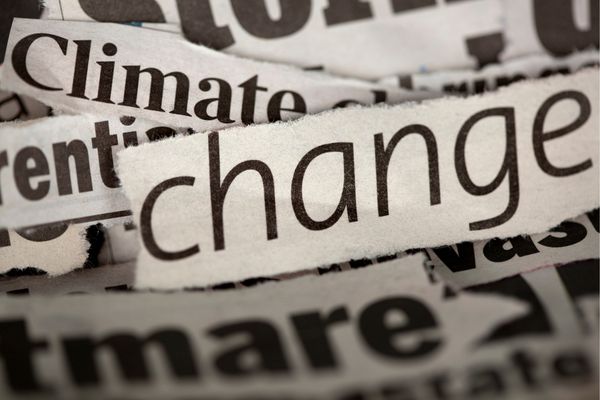
Deadline: 28-Apr-23
USAID invites organizations, companies, foundations, community-based enterprises and other public and private entities, academic and research institutions, partner country government agencies, and investors to propose novel or creative approaches that:
- Demonstrate how international education policy and programming can directly, intentionally, and effectively advance climate action; and
- Reduce the impact of climate-related barriers on girls’ education.
This Broad Agency Announcement (BAA) seeks opportunities to co-create, co-design, co-invest and collaborate in the research, development, piloting, testing and scaling of innovative and cost-effective solutions that will advance climate action in and through education with a focus on girls’ education.
The Climate Action Partnership for Education (CAPE) BAA will facilitate USAID’s interest in bringing together diverse expertise from two sectors that, until recently, have been largely disparate: education and climate. While there has been more activity at the intersection of education and climate in recent years, including in USAID’s own development policies, USAID is far from exhausting all the opportunities at the nexus with gender. USAID will work closely with the United Kingdom’s Foreign, Commonwealth and Development Office (FCDO) throughout this process, utilizing basic research published by FCDO on the relationship between education, girls’ education, and climate change.
Funding Information
- Estimated Total Program Funding: $5,000,000
- Award Ceiling: $5,000,000
- Award Floor: $4,000,000
Problems
USAID recognizes that climate action is often viewed in isolation from girls’ education. Research and development is critical for understanding how these priority issues can be addressed with integrated solutions. Through this BAA, USAID wants to address the following problems:
- International education policy and programming are under-utilized for advancing climate action. USAID’s Climate Strategy acknowledges that strong education systems can implement proactive measures to reduce climate shocks and stressors, and that education equips learners with the knowledge, skills, and opportunities to adapt to and overcome climate challenges. However, as of yet, relatively few international education programs are directly, intentionally, and effectively advancing climate action. Innovative solutions are needed to demonstrate how education policy and programs can advance climate action while maintaining focus on the achievement of sustained measurable improvements in learning outcomes and skills development.
- There is a scarcity of available evidence on how to effectively reduce the impact of climate-related barriers on girls’ education. USAID’s Education Policy elevates the principles of inclusion and equity across its education investments and acknowledges that extending services to reach the most marginalized often requires additional resources and specialized expertise. Extensive research exists on the effectiveness of interventions for improving girls’ education, generally. However, there is scarce evidence of interventions that apply that research to reduce the impacts of climate-related barriers on girls’ education, specifically. The evidence gap limits donors’ ability to make strategic investments at the intersection of gender, climate, and education.
Challenge Statements
- Objective
- In accordance with the definition of applied research in FAR 35.001, apply the fuller understanding of problems at the nexus of education, girls’ education and climate change gained through this research1 to develop creative solutions to pilot and understand under CAPE. Solutions will integrate evidence for advancing climate action, education outcomes, and gender equality, to stimulate broader cross-sectoral collaboration, funding and integrated implementation. The applied research solutions will generate theoretical as well as practical evidence of how local stakeholders, international and regional funders and researchers can come together at the nexus of education, gender and climate to address the above problems, going forward.
- Illustrative examples of solutions sought:
- Integrate appropriate climate and environment themes in education curriculum.
- Support educators to deliver education instruction with climate and environment themes.
- Support education planners and leaders to plan for climate resilience and safe and/or green infrastructure.
- Engage youth leaders to advocate for improved environmental practices and attitudes in their communities.
- Identify ways for broader stakeholder engagement at the nexus of education, climate and gender across several divides: public and private actors, state and non-state stakeholders and global, regional and local levels.
Eligibility Criteria
- USAID seeks solutions that are relevant to sub-Saharan Africa and/or Southeast Asia.
- Public, private, for-profit, and nonprofit organizations, as well as institutions of higher education, public international organizations, non-governmental organizations, U.S. and non-U.S. governmental organizations, and multilateral organizations are eligible under this BAA. All organizations/companies must be determined to be responsive to the BAA and sufficiently responsible to perform or participate in the final award type.
For more information, visit Grants.gov.